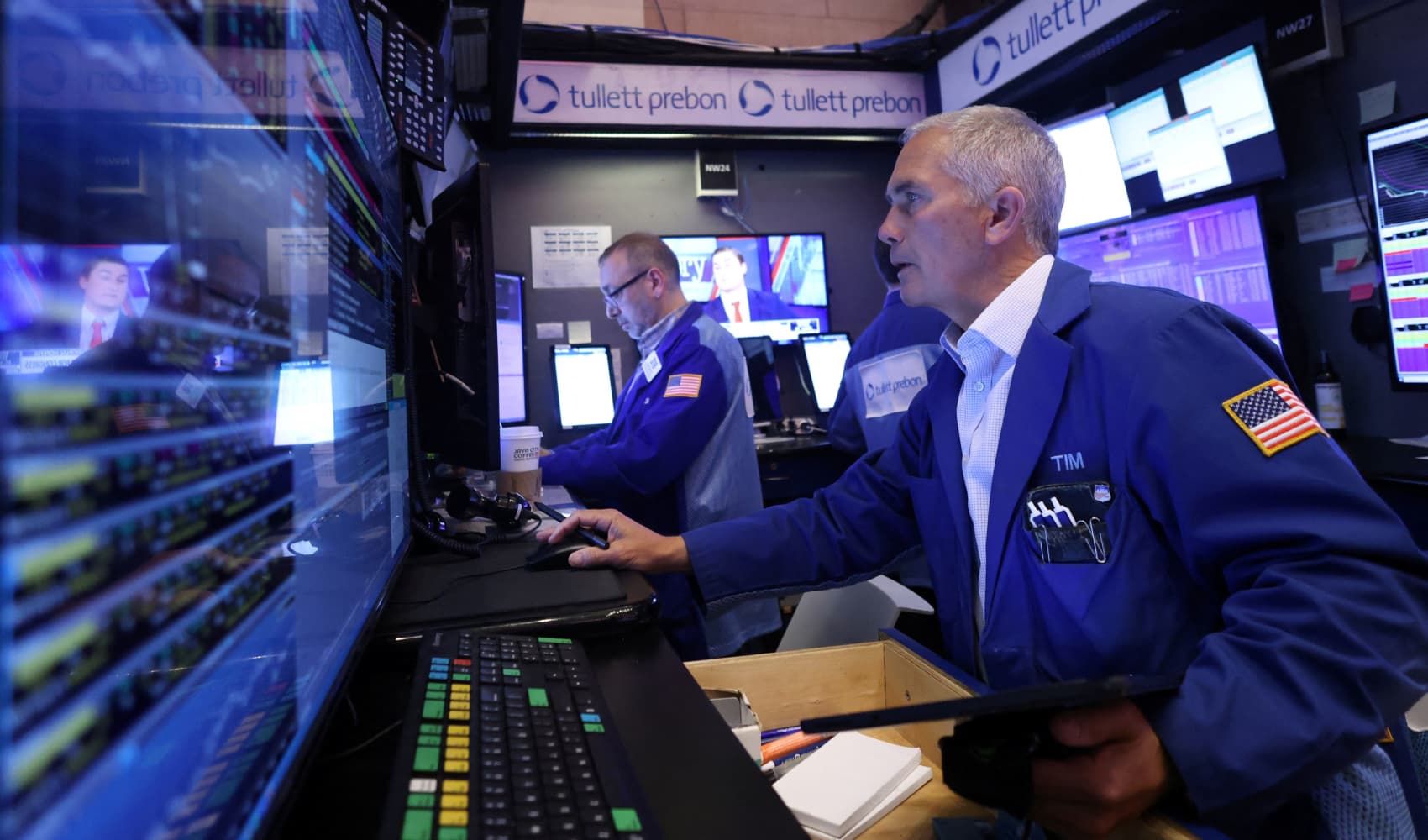
Tired of brushing your own teeth twice per day? Science might have a solution for you: tiny, shapeshifting microbots for your mouth.
That's the focus of a new study from researchers at the University of Pennsylvania, who created prototypes for microbots that can change shape to form bristles for brushing or slide between your teeth to floss them, and release an antimicrobial substance that eliminates dangerous oral bacteria from your mouth.
After publishing their study, the engineers told PennToday last week that their technology has the potential to prevent oral diseases while saving you the trouble of brushing and flossing manually.
"Routine oral care is cumbersome and can pose challenges for many people, especially those who have a hard time cleaning their teeth," said Hyun (Michel) Koo, a professor at Penn's School of Dental Medicine and a study co-author. He added that it's long past time for new advances in teeth cleaning: Tooth-brushing "has not been disrupted in decades," with the last major advent being electric toothbrushes.
Get Boston local news, weather forecasts, lifestyle and entertainment stories to your inbox. Sign up for NBC Boston’s newsletters.
The researchers said they have successfully tested the technology – which relies on magnetic fields to configure and move microbots composed of iron oxide nanoparticles – on both 3D-printed and real human teeth, though not yet on actual patients.
Edward Steager, a study co-author from Penn's School of Engineering and Applied Science, told PennToday that the microbots function similarly to the way "a robotic arm might reach out and clean a surface." The tiny machines can be programmed to automatically perform the work of brushing and flossing your teeth, even adapting to the specific alignment of your teeth.
Money Report
"Nanoparticles can be shaped and controlled with magnetic fields in surprising ways," Steager said.
As with most new technologies, these automated toothbrushes would likely be extremely expensive if brought to market – at least, initially. The researchers noted that their tech could be especially useful for older people or people with disabilities.
The U.S. Food and Drug Administration has approved the use of iron oxide nanoparticles for use in other biotech products, from contrast agents that get injected into MRI patients to delivery systems for some drugs. The Penn researchers haven't offered a timeline for when tooth-brushing microbots might be available at a dentist's office near you, but they said they're eager to begin testing on actual dental patients.
"You have to brush your teeth, then floss your teeth, then rinse your mouth; it's a manual, multistep process," Koo said. "The big innovation here is that the robotics system can do all three in a single, hands-free, automated way."
Sign up now: Get smarter about your money and career with our weekly newsletter
Don't miss:
Bill Nye says the main thing you can do about climate change isn't recycling—it's voting






